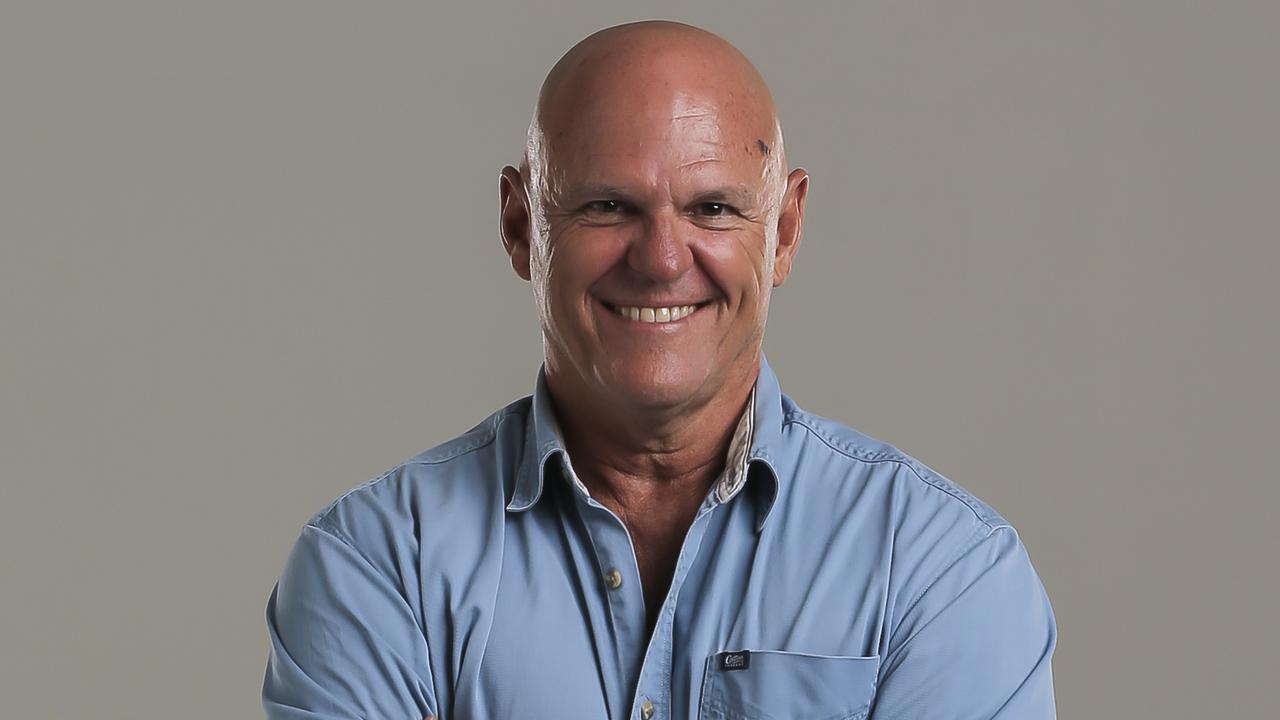Why “innovation” won’t make you rich - just ask Steve Baxter
IF you want to know the secret to Steve Baxter’s amazing success just ask him, he’ll give it to you straight. But whatever you do, don’t mention “innovation”, writes MICHAEL MADIGAN.
I KNOW a man who shall remain nameless who does important work inside the state’s Innovation Ministry and whose pet hate is the word “innovation.’’
Hates it with a passion.
And that’s largely because this anonymous figure, whom I will refer to as “X’’ but whose real name is Steve Baxter, is a red blooded capitalist who got filthy rich by doing things rather than talking about them.
Baxter, like a lot of people who actually do things in this world, hates jargon.
Or, more to the point, he detests using language to conjure up a perception of vigour, action and creativity rather than communicating realities in simple and direct language.
Baxter, Queensland’s Chief Entrepreneur who works (without pay) for the State Government, is a tech pioneer born in regional Queensland.
At the age of 23 he put all his money on the line ($11,000) to launch his first startup, sold it for a large sum of money then went on to create other businesses while also offering support and advice to Queenslanders trying to start new enterprises.
But none of them will get far with Baxter if they ramble on about their intention to “engage in consultation with stake holders over a mission statement to progress a suite of innovative, outcomes-orientated initiatives tailored as key enablers to enhance short-term profitability.’’
“I’ve got an idea and I want to make money, quickly,’’ would catch Baxter’s ear far more effectively, and he’d immediately begin showing you how to go about your plan, if he thought it had a chance of success.
There’s nothing wrong with the word “innovation’’ but its use is now so widespread many of us have come to suspect that the person using it, much like anyone using “holistic’’ or “sustainability’’’ or “synergies,’’ is not merely insincere, but is desperately attempting to sound highly credentialed when, in point of fact, they are not entirely sure what they’re talking about.
It’s been long known that language has been hijacked by those whose intention is to obfuscate rather than communicate.
Paul Keating’s former speech writer Don Watson wrote the book on using words not so much to enhance our thoughts as to narrow their range and, in the words of George Orwell, “give an appearance of solidity to pure wind”.
But 14 years after Watson gave us his magnificent “Dictionary of Weasel Words’’ the weasel words continue to mutate like a flu virus, grabbing hold of perfectly innocent verbs and adjectives to create a manner of speaking which almost constitutes a new form of language.
I am utterly convinced that, were someone to devote themselves to the study of the jargon applicable to their chosen profession and then use it in appropriate forums in a confident, strident voice which brooks no argument, they could swiftly rise to a powerful executive position without ever performing one day’s meaningful labour.
We all use jargon and that’s because it originated as a form of shorthand for people in specialised fields to convey information quickly.
By way of example, cops who once made a run-of-the-mill Friday night arrest – “obscene language, resisting arrest and assaulting a police officer’’ – would refer to the charge among themselves as a “ham, cheese and tomato.’’
Now that’s jargon in its purist form – summing up a situation and swiftly conveying to colleagues in the midst of a busy shift that the matter is not serious, and we can move on to more pressing matters.
But consider this sentence which is a confected piece of modern jargon, but which draws heavily on real life examples:
“In an effort to streamline our services we will be engaging in a rationalisation process designed to enhance our profitability while ensuring those impacted by our coerced transitional program will have access to a suite of services tailored to assist in potential redeployment.’’
It means: “You’re fired.’’



